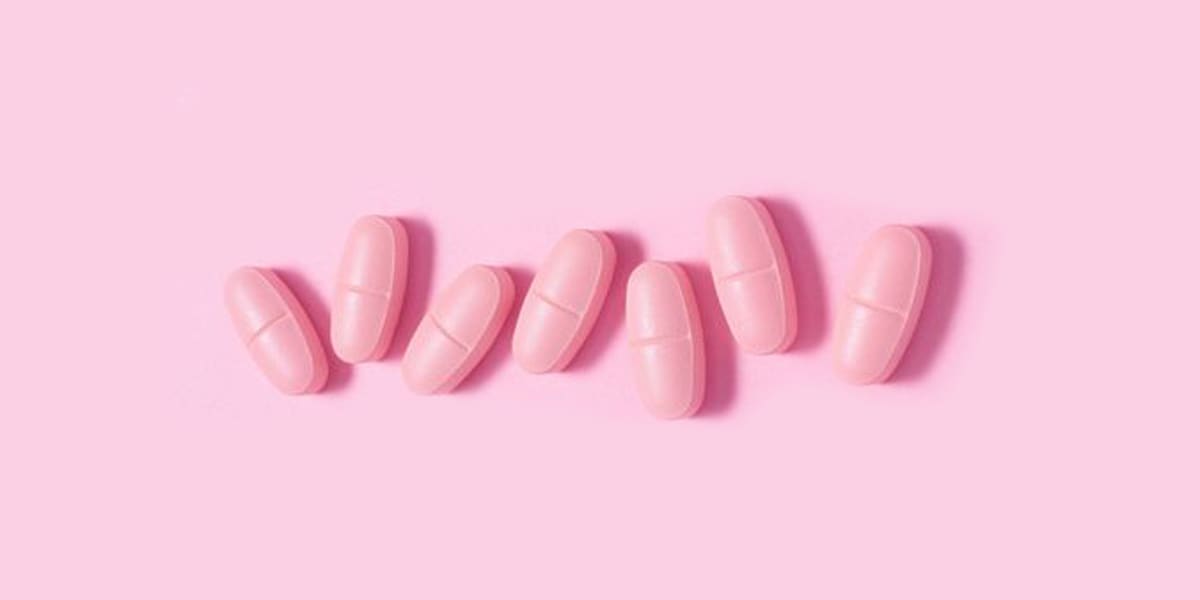The female libido pill is back, but does it really work?

Three years ago, the U.S. Food and Drug Administration (FDA) approved Addyi, a little pink pill intended to increase women’s libido. Within a week, the drug’s manufacturer, Sprout Pharmaceuticals, sold Addyi to Valeant, which promptly encountered distribution problems. Combined with lackluster sales and a lawsuit by former Sprout investors claiming Valeant was not properly marketing it, Valeant gave Addyi back to Sprout.
This summer, Sprout relaunched Addyi, at half the original price, and easily available through an online prescription service. A pill that will increase women’s sex drives sounds great, especially in a culture and healthcare system that minimizes, and often even stigmatizes, women’s sexual pleasure in the first place. But now that Addyi is back, so is the controversy surrounding it — its approval came after two rejections from the FDA, and many experts question its effectiveness, especially at the expense of its intense side effects.

How exactly does Addyi work?
Addyi, the brand name for flibanserin, is often called the “female Viagra,” but this is a very misleading comparison. Whereas Viagra treats physical symptoms, Addyi addresses the psychological impulses behind desire. Viagra is taken as needed to improve blood flow in order to achieve erection for people with penises, while Addyi is taken daily to treat hypoactive sexual desire disorder (HSDD). As the FDA describes it, HSDD is “characterized by low sexual desire that causes marked distress or interpersonal difficulty and is not due to a co-existing medical or psychiatric condition, problems within the relationship, or the effects of a medication or other drug substance.” Hypoactive sexual desire disorder was actually removed from the Diagnostic and Statistical Manual of Mental Disorders in 2013 and replaced with female sexual interest/arousal disorder.
Put simply, Addyi alters the relationship between inhibitory chemicals in the brain (serotonin) and excitatory ones (dopamine and norepinephrine) by countering serotonin’s ability to reduce inhibition signals. According to the FDA, between 8-13% of women who take Addyi will see improvement, with an average 0.5 more “sexually satisfying events” per month. The manufacturer itself concedes that about 40% of women diagnosed with HSDD don’t respond to Addyi at all.

So what’s the controversy?
Many critics have pointed out that labelling low libido as a disorder mischaracterizes how desire actually works for most women. A low sex drive is not necessarily a problem — one person’s normal is another’s abnormal, and libido can change from day to day. Most people actually experience desire as responsive to, rather than in anticipation of, erotic stimulation. This means it’s more likely that women will respond to their partner initiating sexual intimacy rather than spontaneously desiring it — arousal comes first, then desire. While proponents say it’s about time doctors took women’s sexual pleasure seriously, critics are worried that diagnosing woman with a disorder requiring medication is a way for drugmakers to shame women into thinking there is something “wrong” with them, instead of just acknowledging the cyclical and finicky nature of desire. Furthermore, many healthcare providers consider Addyi’s effectiveness marginal when compared with the seriously risky side effects and strict user requirements.

What about the side effects?
Research shows that about one in five women who took Addyi reported adverse effects, most commonly including drowsiness, dizziness, and fainting, which increase the risk of injuries such as concussions. These side effects are exacerbated when Addyi is taken with alcohol and hormonal contraceptives. This can be a major lifestyle change for many potential patients, as Addyi has to be taken every day, meaning they must use alternative forms of contraception and abstain from drinking entirely. Addyi comes with a black-box warning, the strictest of the FDA’s caution labels, which advises users to abstain from activities that “require clear thinking” for six hours, which is why most doctors recommend taking the drug before bed.

How do I try Addyi?
Addyi is currently available on their website, with a guarantee that patients without insurance coverage will pay no more than $99 per month. Patients have a phone consult with a doctor who can diagnose them with HSDD and prescribe Addyi. Prescriptions can then be filled at drugstores or through mail-order pharmacies. Addyi prescriptions are also available through other telemedicine companies such as Hers.



